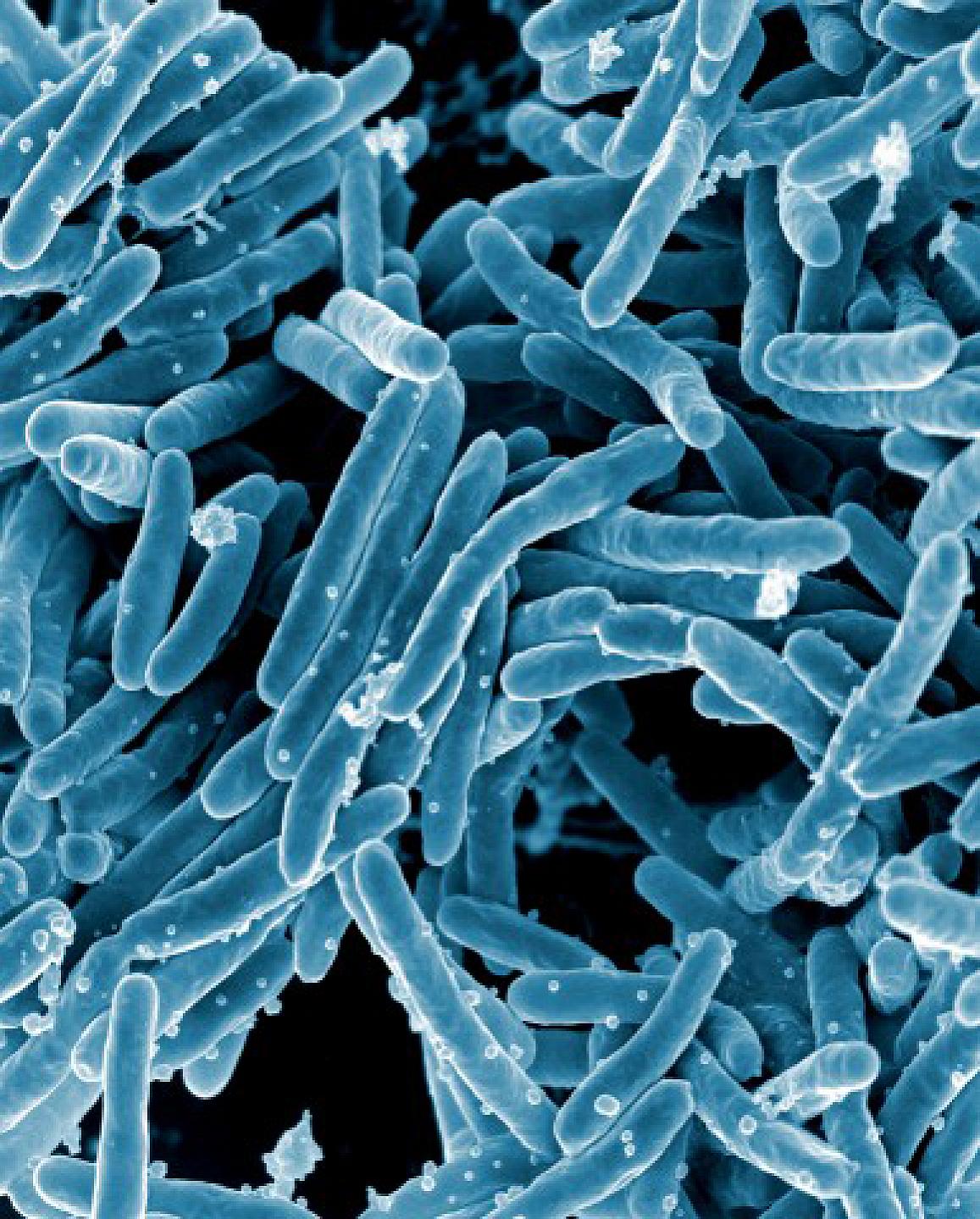
Everyone breathes in Mycobacterium avium complex (MAC) bacteria from time to time, but most people don't get sick. These bacteria, cousins of the deadly Mycobacterium tuberculosis, tend to live out their harmless little lives in food, soil, water, or dust.
Then there's the rare person who gets very, very sick.
MAC is an "opportunistic" pathogen, explains Cecilia Lindestam Arlehamn, Ph.D., Research Assistant Professor at La Jolla Institute for Immunology (LJI). Some people do have risk factors—such as cystic fibrosis and structural lung diseases, for example—that make them likely to develop symptoms after MAC exposure. The problem is that no one knows exactly why these factors make such a difference.
Now Lindestam Arlehamn's laboratory has uncovered an immune cell defect tied to the risk of developing MAC disease. As her team reports in Frontiers in Immunology, people who show MAC infection symptoms have fewer specialized Th1* (Th1 "star") cells, which robs them of the ability to mount an effective immune response to the bacteria.
Read more...







